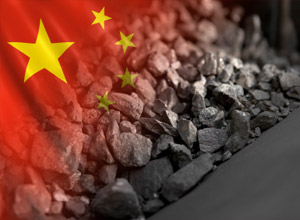Trade complaints rife in renewable energy marketplace


Notions of protectionism are spreading in the renewable energy marketplace. After levying trade complaints against China, the United States is now falling under Chinese scrutiny. Europe continues to scrutinize U.S. imports.
A domestic solar manufacturing trade group (China Photovoltaic Industry Alliance) has asked China’s Ministry of Commerce to investigate U.S. manufacturers for selling below cost. It is also drafting a complaint against U.S. government subsidies.
The cusp of the complaint is about American exports of polysilicon to China, which it claims has forced Chinese polysilicon factories to ramp down production.
China’s accusations come just after the U.S. Department of Commerce and the International Trade Commission took up a request by U.S. solar manufacturers to investigate China for illegally subsidizing its solar industry. China vowed that it would retaliate.
The complainants say that China is giving its domestic producers an unfair advantage through an illicit combination of cash grants, sweetheart loans, and tax incentives, in addition to currency manipulation and markdowns on raw materials.
An opposing U.S. solar trade group formed to advocate for global competition, which it says is making solar energy more affordable. It argues that blocking Chinese imports harms both the solar industry and its customers.
But that global competition is fomenting global trade complaints. The European Union announced that it was planning to probe U.S. bioethanol imports on Friday. It is considering using tariffs to raise the market price of U.S imports, according to reports.
The European Commission investigated U.S biodiesel subsidies in 2008, and began to impose duties (it calls them anti-dumping and countervailing measures) in 2009. It renewed its investigation again in 2010.
Related on SmartPlanet:
- China bans rare earth exports to U.S.
- Obama administration digs into China’s rare earth monopoly
- Uncle Sam orders military to only buy American
- Politicians grapple over U.S’s ability to compete in renewables
- U.S. solar manufacturers take aim against Chinese imports
- U.S. solar manufactures back cheap Chinese imports
This post was originally published on Smartplanet.com